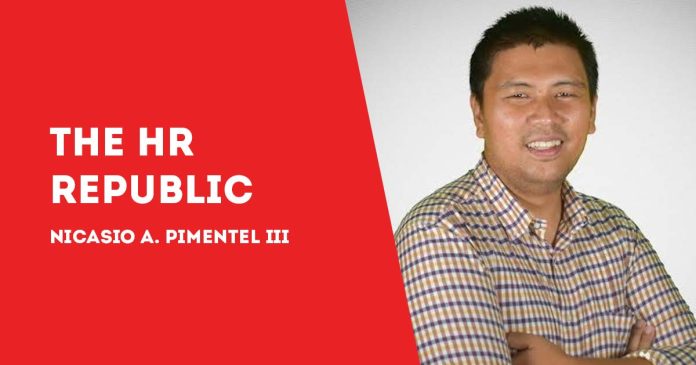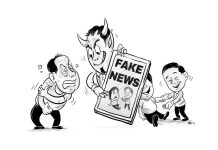
3. Whistleblowing Barriers in Filipino Organizations
Academic literature notes that in many Asian collectivist cultures—including the Philippines—reporting misconduct is hindered by strong loyalty norms, fear of damaging relationships, and lack of clear, protected reporting channels.
A 2008 study by Chung and colleagues said that whistleblowing perceptions in Metro Manila found that even in professional environments, managers were reluctant to blow the whistle, especially in family-run firms, due to fear of retaliation or social consequences.
HR’s Crisis of Identity: Watchdog or Enabler?
This incident underscores a painful truth: HR is stuck in an identity crisis. On one hand, it’s expected to champion ethics and safeguard the company’s integrity. On the other, it must serve as a strategic partner to the CEO. In practice, that duality often translates into silence when it comes to executive misbehavior.
In many Filipino companies, HR often serves as the face of discipline for rank-and-file employees, yet struggles to maintain the same stance when it comes to those in higher positions. When ethical issues involve top executives, HR’s voice can sometimes go quiet—not always out of ill intent, but perhaps out of caution or internal pressure. And when HR leaders themselves develop personal ties with the very individuals they’re meant to oversee, it becomes harder to remain neutral and uphold the standards expected of them
The Global Examples We Should Learn From
This isn’t a uniquely Filipino issue. Just last year, BP CEO Bernard Looney resigned after failing to disclose past relationships with employees, violating the company’s strict conflict-of-interest policy. BP responded swiftly—updating its code of conduct to require all executives to disclose office romances and ban intimate partners from direct reporting lines.
At Norfolk Southern, CEO Alan Shaw and Chief Legal Officer Kristin Seeger were dismissed for a similar violation. In both cases, the companies prioritized integrity over executive protection.
These are hard but necessary decisions. And Filipino companies should adopt similar frameworks—not just for optics, but for real, culture-deepening reform.
Policy Alone Isn’t Enough — We Need Courage
Let’s be honest. Policies are useless if no one has the guts to enforce them. Whistleblowing mechanisms that route through compromised HR departments will never be used. Conflict-of-interest clauses that exclude the executive level are just window dressing.
What we need is institutional courage. Boards must empower independent ethics officers. HR must be protected—legally and culturally—when it chooses integrity over loyalty. And when ethical breaches occur, accountability must be swift, public, and unequivocal. (To be continued)/PN







